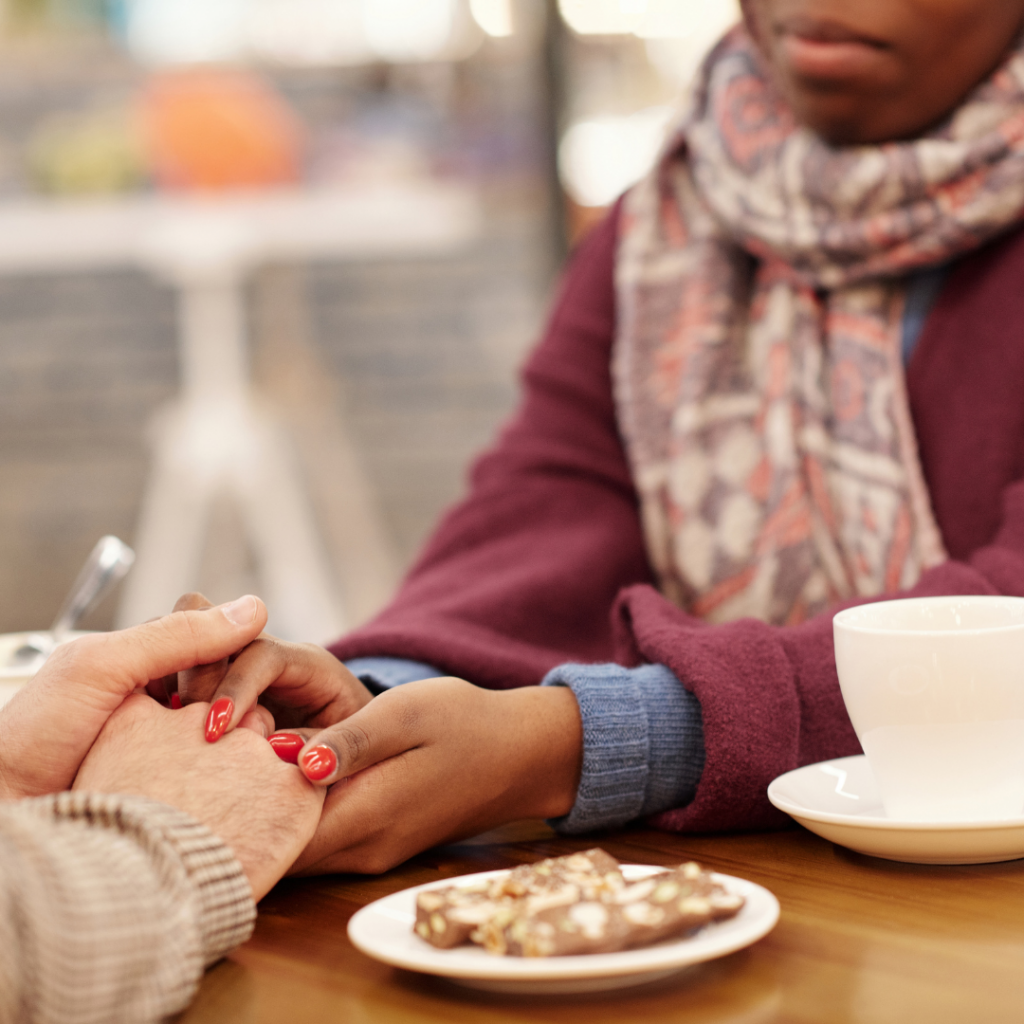
Introduction
My previous blog post was about personal experiences on receiving support from others relating to eczema. I mentioned good and bad examples with further references to previous blogs on how I managed and overcame these experiences. (Click here for the previous blog). I published a reel on Instagram earlier this week on how to support by listening and being sympathetic. Based on my personal experiences and the Instagram reel, my objective now is to elaborate further on personal recommendations.
Listen to the person
I believe that the most important way of showing support is by listening and talking to the person. People need to feel heard regardless of any health condition. If someone doesn’t feel heard or cannot express their feelings and frustrations this may lead to them feeling withdrawn. I personally can relate to this as I too become withdrawn and reserved if I am uncomfortable. This has resulted in bottling up my feelings which is not good mentally.
Be sensitive, sympathetic and show empathy
This may be difficult if you don’t suffer from eczema or another skin condition as it can be difficult to relate. If you’re unaware of eczema then asking the person to explain further (if they’re willing to be open) can help. It also shows that you are curious and interested.
Please note that eczema is not just an itchy skin condition. It is also not contagious and just telling someone not to starch is not helpful. Neither is staring at someone’s skin.
Understand their lifestyle
Remember that people with eczema live a different lifestyle depending on the severity. For example, someone with eczema is likely to have a different wardrobe than someone who doesn’t. I’ve always mentioned that materials such as wool, lace and nylon I either tend to avoid or wear with caution. People with eczema may have to alter their diet and avoid triggers such as dust, pollen, smoke etc. They have to avoid certain cosmetics which contain unnatural fragrances such as bath bombs containing glitter.
Research has shown that people with eczema are highly likely to experience mental health issues. This includes depression, anxiety and lack of confidence. Click here for more information about eczema and mental health.
If someone is going through a major eczema flare-up they might feel anxious about going out. For instance, feeling anxious about being stared at/laughed at. Their self-esteem is likely to be low due to feeling unattractive resulting in avoiding social contact. From physical perspective eczema, flare-ups may mean not being able to walk, move or struggle with clothing.
Having eczema can make people feel tired because itchy and irritable skin may affect someone from falling asleep. This is why before going to bed I take a drowsy antihistamine and make sure I have something kind of relaxing music playing in the background.
For females, hormones too play an important factor. As well as generally being emotional and irritable at certain times of the month, worsening of eczema also can be a physical symptom.
Someone who looks after a loved one with eczema may also have an altered lifestyle (babies and children in particular). They too may feel stressed, tired and exhausted from lack of sleep. Secondly, eczema carers spend a lot of time seeking help and advice.
Acts of Kindness
Find out if there is anything you can do to help physically as well as mentally. This shows that you care and want to support.
Ask them what products help and purchase that for them as a general gift. A second example could be referring to or recommending a product, a website or someone else that can help. Thirdly for special occasions (birthdays, Christmas etc) purchase gifts that will not trigger their skin condition. Finally, if the person has an allergy or intolerance that affects their eczema consider suggesting recipes. that suit their needs such as gluten free.
Offer to take part in mental health activities with them. This can include exercising, praying. mindfulness and meditating together. Finally, offer to be a listening ear if they need to talk. This may avoid someone from being closed and reserved. Being friendly and offering support may lead to them becoming more open once they are confident enough to trust you.
Remind them of the positive things
Reminding someone that beauty comes from within is important. Despite their skin condition remind them of positive qualities that they have. Although I have eczema many of my close contacts say a lot of positive things about me. This includes below:
- ‘You’ve improved so much with your social media content and engagement’
- ‘You’re reaching out and helping many people’
- ‘You are a great person, friend and down to earth’
- ‘You are a strong person and have managed and overcome many life battles’
- ‘You are a loyal and honest person’
Conclusion
To conclude ensuring that someone with eczema feels loved and supported is definitely the key. Knowing that I have people who care about me makes me feel loved and valued. This also assures me that it’s my personality and beauty from within that is more important.
Remember that there is more to a person than eczema or any other skin condition. Showing love, kindness and support can make a huge difference to their lives physically and mentally.
